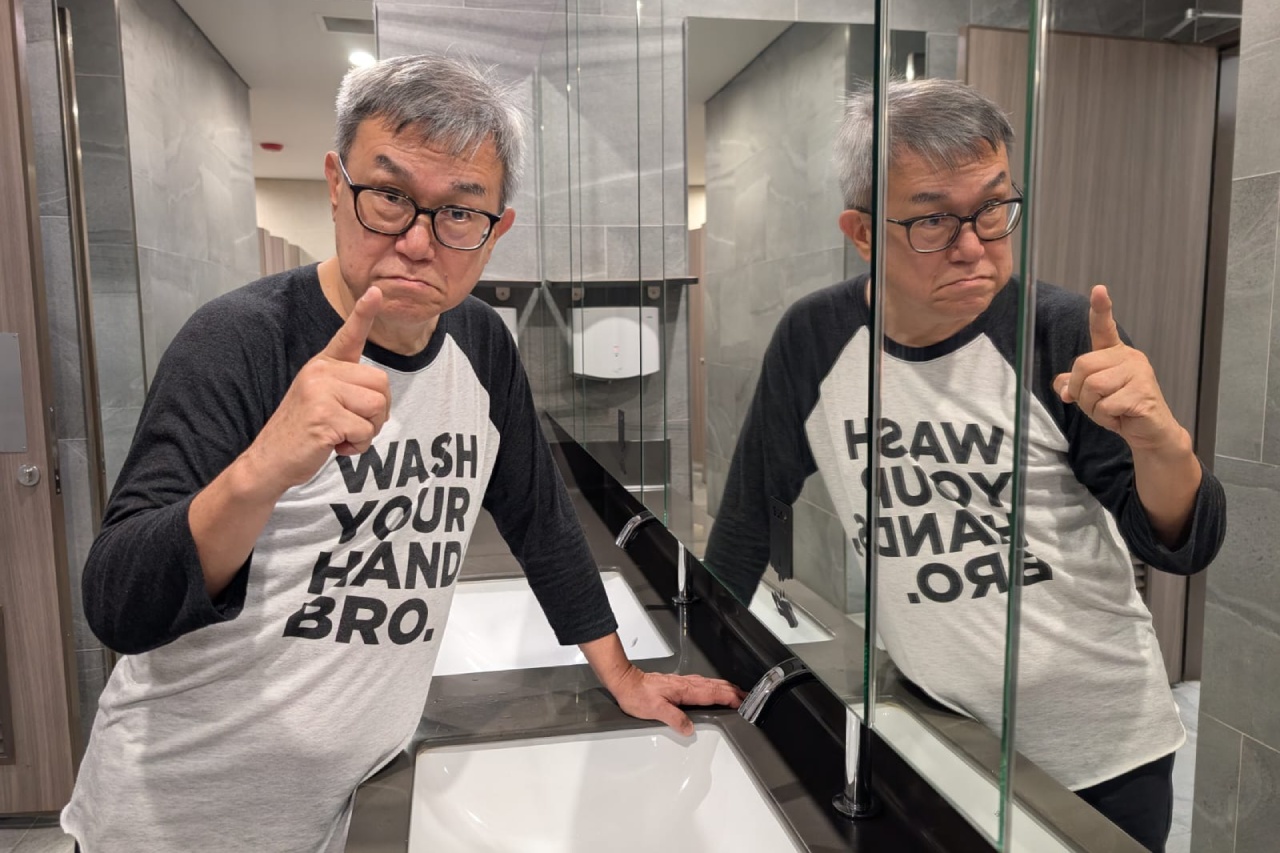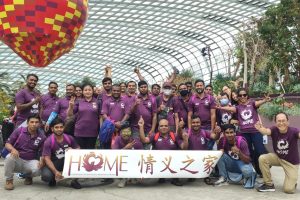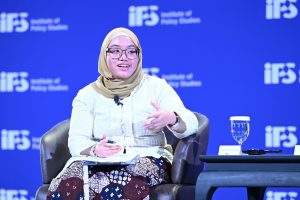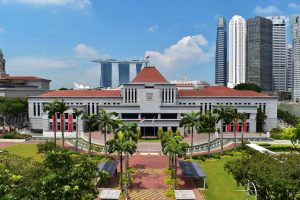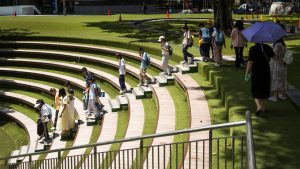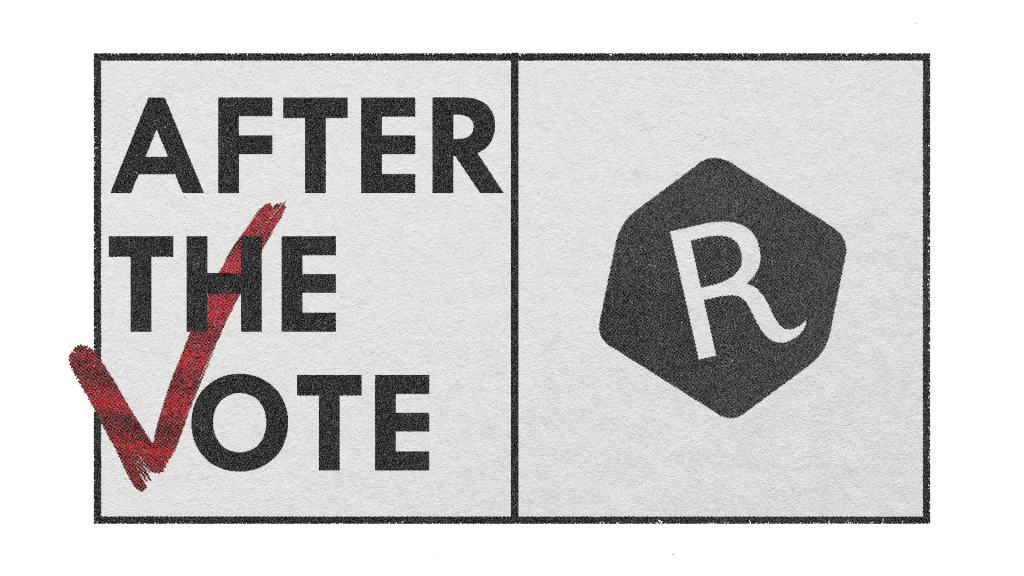
‘After the Vote‘ is a RICE Media series where Singaporeans from all walks of life share their hopes for Singapore—the changes they envision, the values they want to uphold, and the future they want to help shape.
For GE2025, we take a step back from the antics and theatrics to explore the bigger picture: What kind of Singapore are we building beyond this election? Through these conversations, we uncover the aspirations and concerns shaping the nation in the next five years and beyond.
The views in ‘After the Vote’ are those of the interviewees and based on their experiences; they do not reflect the publication’s stance.
All images courtesy of Jack Sim.
Jack Sim (also known as Mr Toilet) has a success story that reminds us that even bathrooms can be battlegrounds for change.
The 68-year-old failed his ‘O’ Levels, then went on to make good as a businessman, becoming a self-made millionaire at 29. Jack could have rested on his laurels, but he instead chose to become a philanthropist and social activist.
ADVERTISEMENT
In 2011, he launched Base of the Pyramid (BoP) Hub, a social enterprise which aims to help businesses and social entrepreneurs who are working to help those in poverty. But he’s perhaps best known for championing cleaner public toilets (hence the nickname).
His pet cause was triggered by a speech Goh Chok Tong made in 1996. The then-Prime Minister had said that the cleanliness of public toilets is a marker of a society’s graciousness. Inspired, Jack started the Restroom Association of Singapore in 1998.
He would go on to start the World Toilet Organisation, a global non-profit committed to improving toilet and sanitation conditions worldwide. Jack tells RICE that he’s made tremendous headway in China, contributing to its “toilet revolution”.
But the quest for cleaner public toilets marches on here in Singapore.
“We cleaned up public toilets for 1.4 billion people in China, and we could probably clean them all up in 20 years. But we couldn’t clean up 1,200 coffee shop toilets in Singapore, which is supposed to be the most efficient country in the world,” he laments.
“I feel ashamed as a Singaporean. I also think this is a missed opportunity. How can we have the best toilets in Changi Airport and the worst toilets in coffee shops?”
For GE2025, RICE is taking a longer-term view towards the Singapore we’re collectively building. And Jack has plenty to say about how the country shouldn’t flush away loving critics like himself.
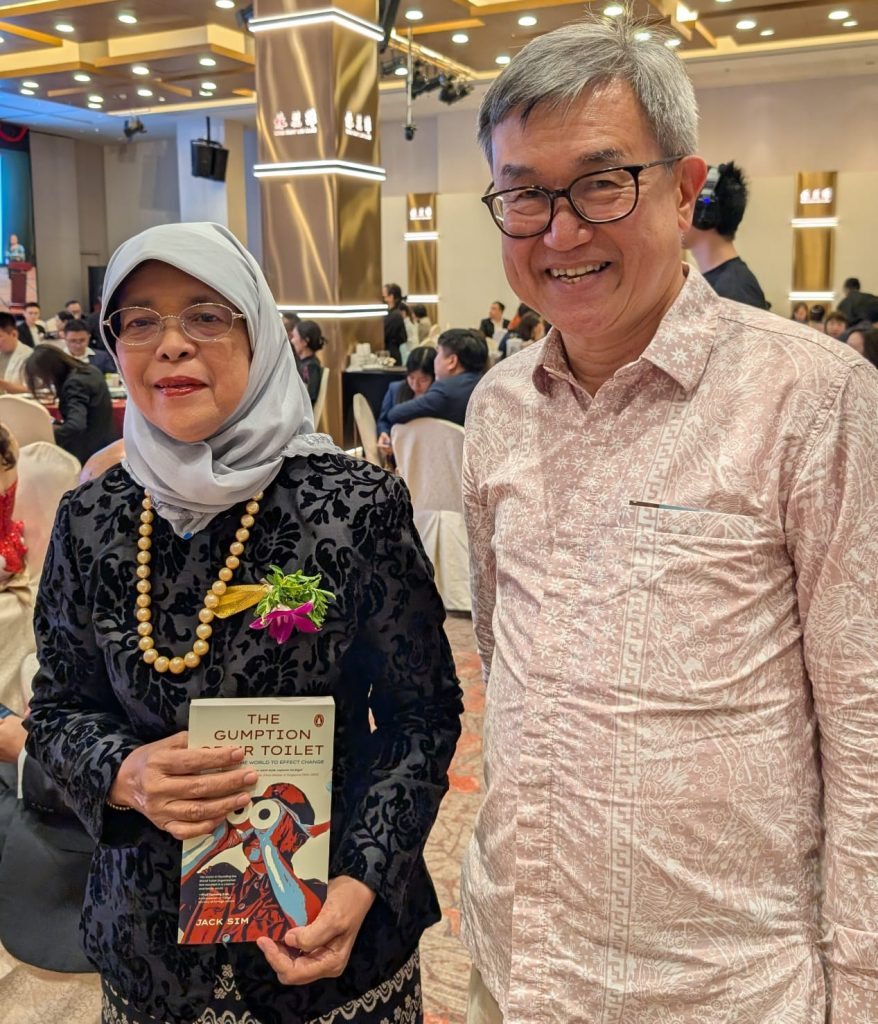
What is one change you hope to see in Singapore by 2030 that would make life meaningfully better?
I’ve been trying to clean up coffee shop toilets. Together with Singapore Management University’s Professor Rosie Ching and hundreds of students, we did comprehensive research to rate the toilets in coffee shops and hawker centres.
We did four reports over nine years. But I understand that the National Environmental Agency and Singapore Food Agency did not request for the database of Prof Rosie’s four reports. It’s likely they haven’t read the reports beyond what was published in the media.
The problem is clear. There are still recalcitrant coffeeshop owners who want to save money by keeping their toilets dirty.
I wrote to the official channels to ask them to crack down on these owners. But you know what I was told? “Please familiarise yourself with the current efforts before you write to me.”
I’m the one who started these public sanitation initiatives. I’ve been working with the National Environmental Agency since 1998. And it’s so condescending to assume that Mr Toilet doesn’t know anything about Singapore toilets!
ADVERTISEMENT
I’m not even fighting the government. I want to solve a problem together with the government. But I feel as though I have become the enemy.
I would like the government to engage in constructive dialogue with the people. I know there are feedback units—there’s REACH, Singapore Government Partnerships Office (SGPO), and Our Singapore Conversation. But are they empowered to drive change?
The SGPO must be given more teeth, power, and the capacity to engage loving critics in constructive dialogue towards a better future for citizens.
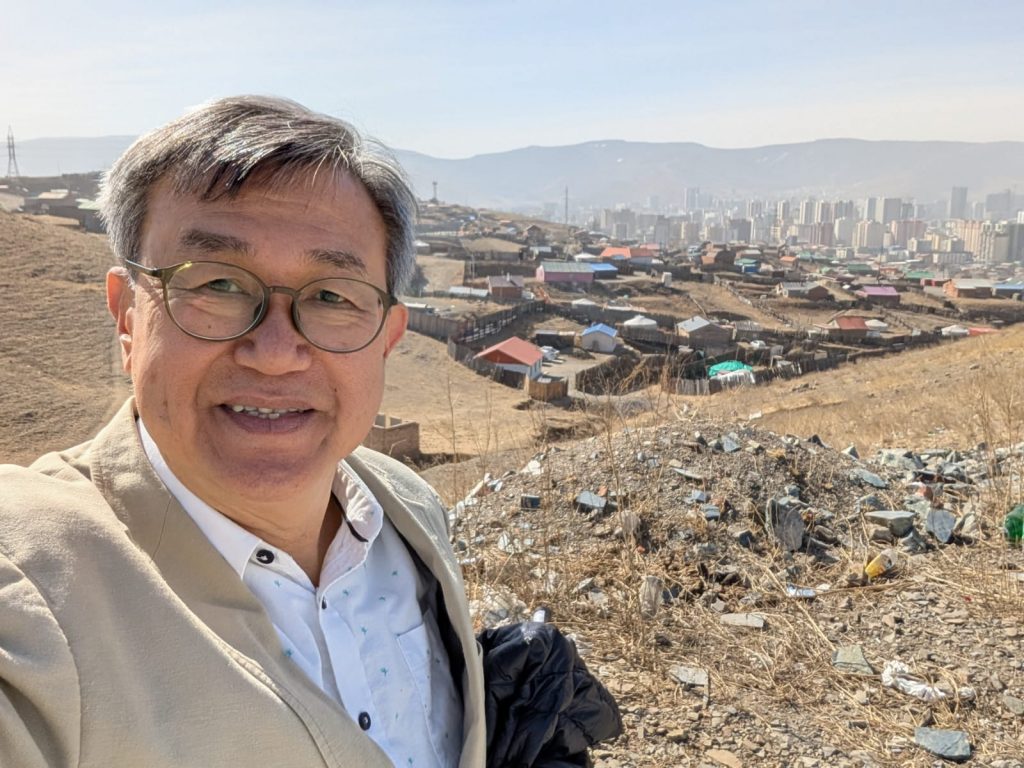
For example, if Singaporeans approach relevant government agencies with feedback and they don’t get a response, they should be able to escalate it to the Prime Minister’s Office (PMO) or the Ministry of Culture, Community & Youth (MCCY). And if the SGPO can have the power to push government agencies to engage in constructive dialogue, I think we will have real change.
There are people like me who want to solve problems. I have the methodology and I have the passion. That is a type of active citizenry that we have to build. We have to separate these people from the ones who are just grumbling and not offering solutions.
Just as people have to trust the government, the government has to trust the people. They have to be able to say to people: “If you want to solve a problem, I will be happy to solve it with you.”
Have any of your suggestions been implemented?
Many of them have been implemented when I was working with Minister Lim Swee Say and Restroom Association of Singapore has been working with NEA. I’m appreciative of that. But progress has stalled in the past decade.
I also raised the issue of the human trafficking of migrant construction workers with Minister for National Development Desmond Lee, and he listened. What was happening was some workers were paying S$15,000 to the ‘snake head’ or mafia bosses in Bangladesh to come to Singapore and work. The first two years of their salary would go to the mafia.
I was allowed to work with the Building and Construction Authority. Eventually, the Ministry of Manpower got involved as well.
Now, after six and a half years, there is this new sandbox that allows foreign workers to be employed directly through an organisation called BRAC (Bangladesh Rural Advancement Committee).
What’s a challenge Singapore must overcome in the next six years to stay a place where people want to live and thrive?
I think there is a difference between treating the country as a company, Singapore Inc., and treating the country as a nation.
Let’s say you’re running Singapore Inc. As long as the company makes money, the Gross Domestic Product grows, the Treasury increases, then nothing else matters, right?
In Singapore, the current situation is very strange. We have a falling birth rate, so there are fewer and fewer local-born Singaporeans—but we have an increasing population. When we bring in wealthy and talented foreigners, the locals will eventually become the underclass.
Of course, I’m not saying don’t bring them in. I’m saying: think about the local people as well while you are bringing them in.
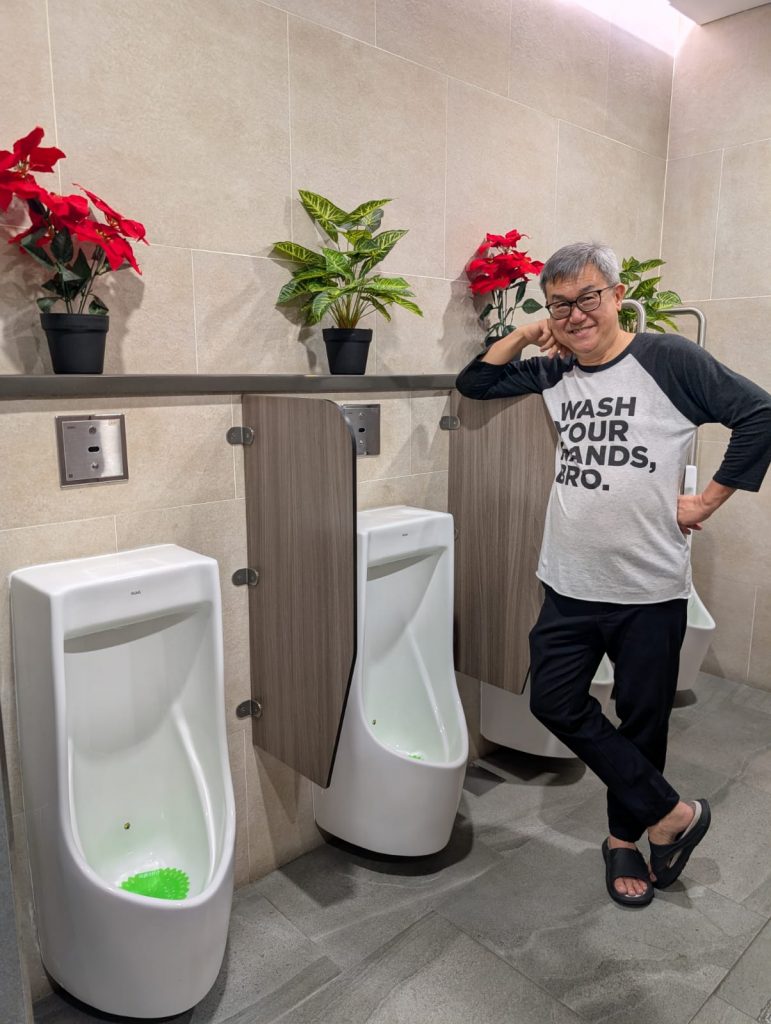
If you’re running a nation, you have a responsibility to lift up locals. You also need to focus your skills training and facilitation of AI empowerment in a way that lifts everyone up, not just the top-level folks.
If you want to be in government, you need to start by having a heart. Love your people. You can care about increasing the GDP, too, but it should be for the sake of the people.
We should unlock the power of the people and help them help themselves. Personally, I don’t think giving more Community Development Council vouchers is a sustainable form of help.
If you could introduce a new national priority for Singapore, what would it be and why?
Our weakest link today is our educational system. We still follow archaic metrics like QS World University Rankings, Times Higher Learning rankings, and Programme for International Student Assessment (PISA), which are not really updated for today’s reality and the onslaught of AI.
Parents spend so much money pressure-cooking their children to learn how to do well in exams. But even when they get good grades, they cannot find a job, because they are all learning how to be robots, to memorise.
In today’s world, knowledge is not power. What is power? It is your ability to use knowledge to analyse. It’s your confidence, your curiosity, your entrepreneurship, and your compassion.
Many Singaporean students lack confidence. When you say they’re good, they say they’re not. They have impostor syndrome. The system taught them that! When they were little children, they didn’t have impostor syndrome. But after they grow up, they don’t have confidence.
I teach at the NUS Business School as an Adjunct Associate Professor, and I keep seeing this problem. I talked to the head of the alumni, and he says this: if there’s one wish he has, it’s that the students graduate with more confidence. And I think that this is a really big problem.
We need to introduce a School of Gumption curriculum in every school because we teach our children things like science and math, but forget to teach students human skills like curiosity, courage, compassion, commitment, communication, collaboration, community, and calmness.
It’s only with these skills that you will not be replaced by AI. I’m working with Hwa Chong Institute and Fu Hua Secondary, and I hope to work with more schools eventually to make this more mainstream.
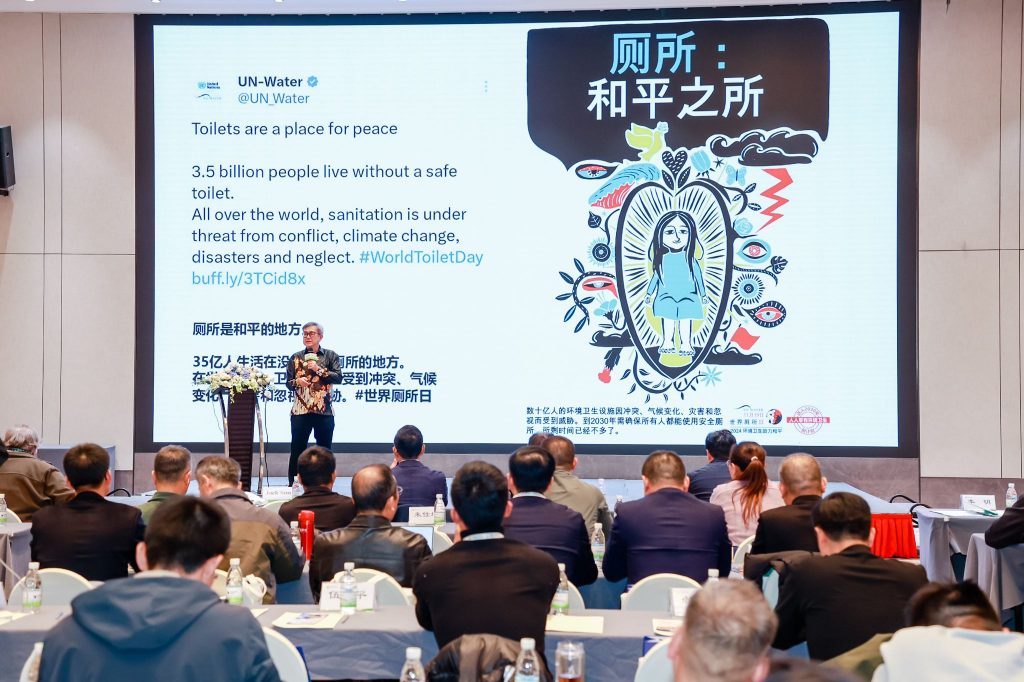
What small shift—policy or mindset—could make a big difference in the daily lives of your community?
Clean up the coffee shop toilets. It is a disgrace to Singapore’s reputation as a clean and green garden city.
People keep saying to me: “Jack, you have no patience.”
I have been trying to change this since 1998. I have a lot of patience.
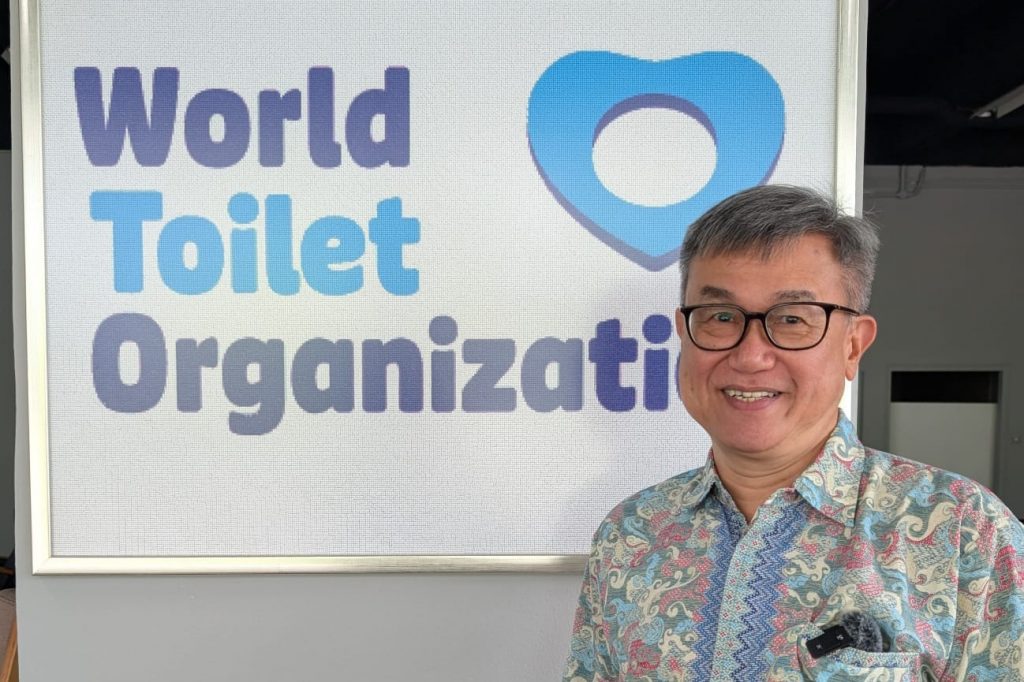
Singapore moves fast. What’s one thing we need to slow down for?
As things become more and more expensive, we get more stressed. We have to work harder, go faster.
It is not our choice. We would like to slow down and relax, but if everything becomes increasingly expensive, then we have a problem.
I mean, if a HDB flat is going to cost $1 million in the future, do you think my children can relax and slow down? No way, right?
In 2030, what kind of Singapore would you be proud to call home?
I would be proud to have a home where everyone respects each other.
I hope that the people who win seats in the General Election do not think that we are electing them to become gods or celebrities. I hope that they know that they are elected to serve the nation.
I hope they will listen and they will not brush people off. A government that is condescending and despises its people does not deserve to be in power.
Actually, the more you love Singapore, the more pain you will suffer. If you don’t care about Singapore, it’s a very enjoyable country. You are very safe. You have nice food. You can travel anywhere you like—Thailand, Bali. You have a strong dollar, and you have the strongest passport. As long as you don’t care, you’ll have a wonderful life.
So, if you ask me, do I wish for anything? These days, I try not to wish, because it’s too painful to wish. You just keep getting disappointed. I am not a troublemaker; I just want to help.
Please stop hating loving critics. We love our country more than you realise.

